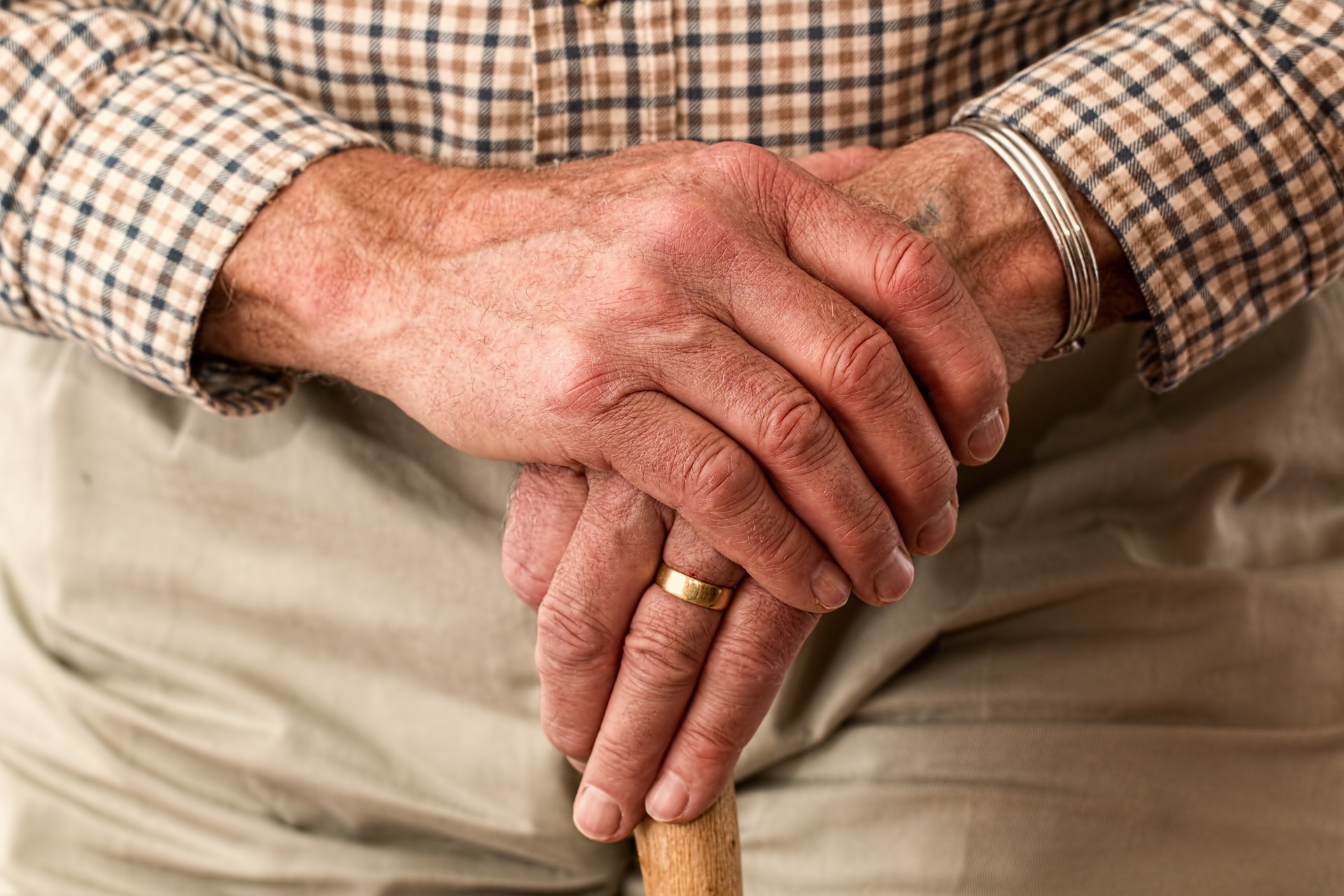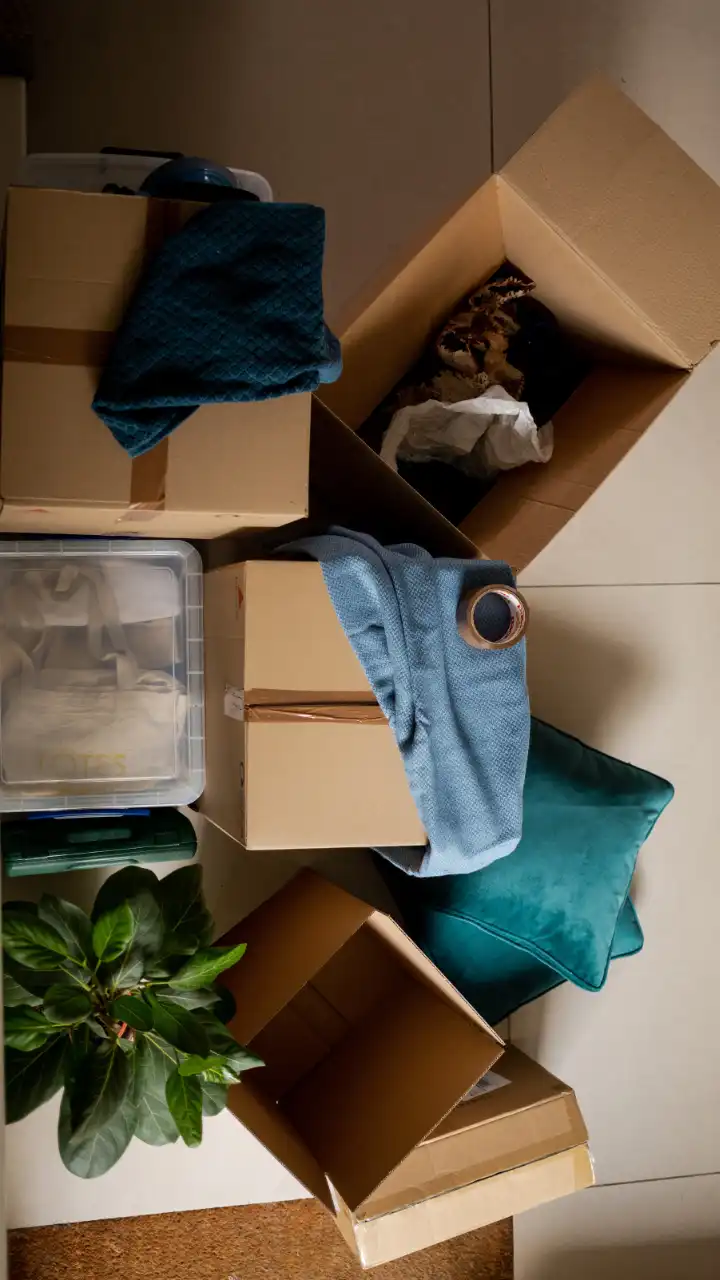Moving Home for Elderly People
July 18, 2017

July 18, 2017

They say moving home is one of the top 3 stressful things in life, along with divorce and getting married. For older people, the stress can often be magnified. Sometimes, moving from a place that has been home for many years – with all the happy memories that come with it - can be traumatic.
You may be downsizing, or helping your elderly relatives move house for varying reasons. Perhaps the family home is too big and you need to downsize, or you’re helping somebody move into sheltered housing or nearer to relatives who can provide care.
Whatever the reason, here are some tips for making the move less stressful and more enjoyable.
As with any large life event, careful planning can avoid stress on the day. If you have a family member or friend who can help you with your moving plans, this usually works well – with responsibility shared, it is less likely that something will be forgotten. If no-one is available to help, you might want to consider engaging a company that specialises in elderly moving services.
Before you move, you may need to consider which mobility aids may be needed. While the move might concern someone who has full fitness and mobility, some will need some form of assistance with day to day living.
Check out the new property thoroughly to see where there may be difficulty. For instance, if the move is to a house with stairs, will a stairlift be needed? If there are steps from the house that lead outside or to the garden; consider whether you need to install mobility aids such as grab rails or ramps to make moving around the house easier.
You should also consider converting the bathroom into a walk-in shower or wet room. All these things can be put in place in advance of your move and your local health service centre or mobility services supplier can help.
Health problems can make the moving process more difficult than it is, so it is vital to enlist as much help as you can. Make everyone, including the movers, aware of any health or mobility issues you have so that they can put in place suitable arrangements to help you on the day and in the run-up.
You should also notify the relevant GP and any health assistance personnel about the move so that medication and health records can be properly transferred. Additionally, taking photos of where things go in the new home can help those who need help navigating their new home.
Allow extra time to clear out and pack so there is little chance of anyone becoming fatigued or ill. Make the move in stages rather than all in one go.


Once you have a clear idea of which possessions you are moving to your new home, you can get down to the task of clearing out the unwanted items. You may wish to give family and friends the first chance to take anything that will be left behind. This will also apply to garden furniture and appliances such as garden tools, lawnmowers and strimmers.
If the new property has a smaller garden or no garden at all, there will be no need to move these items. It is well worth considering donating any good quality items to charity or local community groups. Many organisations are happy to collect furniture items and multiple bags of donations, whether that be small ornaments, clothing or household textiles.
If there are any items of great value like antiques or collectables that won’t be making the trip, it may be an idea to contact a professional valuer or auctioneer to arrange a possible sale. If the items are to be kept, you can consider hiring a storage unit for a set period of time.
Finally, go through the kitchen cupboards, fridge and freezer and check the use-by and best-before dates on all food products, especially frozen food. Any items of food that are liable to spoil when defrosted will need to be eaten well in advance of the moving date. If the move is to accommodation where catering is supplied, consider donating unopened, non-perishable food to a local food bank or soup kitchen.
Get someone to help with making sure essential items like furniture are in place and ready for use. It’s also important throughout the whole process to make sure there are plenty of rest breaks. It’s key to stay hydrated eat well to avoid stress, fatigue and illness.
If you are moving home with any pets, you will need to make adequate arrangements to avoid traumatising or worse, losing them. If you have a trusted family member or friend who can look after them while you move, then this will ensure you have peace of mind that they’ll be well looked after – another thing you won’t have to worry about whilst packing and unpacking. Get your pet to them the day before moving day, along with their food and water bowls, enough food for the duration, bedding and toys. Alternatively, contact local kennels or a pet sitter.
On the day itself and before the movers arrive, mark packing boxes clearly with an indication of which room they are destined for. Take down any curtains, blinds and light fittings that are going with you and pack these separately. Once in the new home take your time to unpack all but the essentials; it doesn’t have to be done all at once.
Above all, give yourself enough time and don’t be afraid to step back and allow someone else to do the hard work for you. If you’re looking to move home let AnyVan help to make the move as smooth as possible.